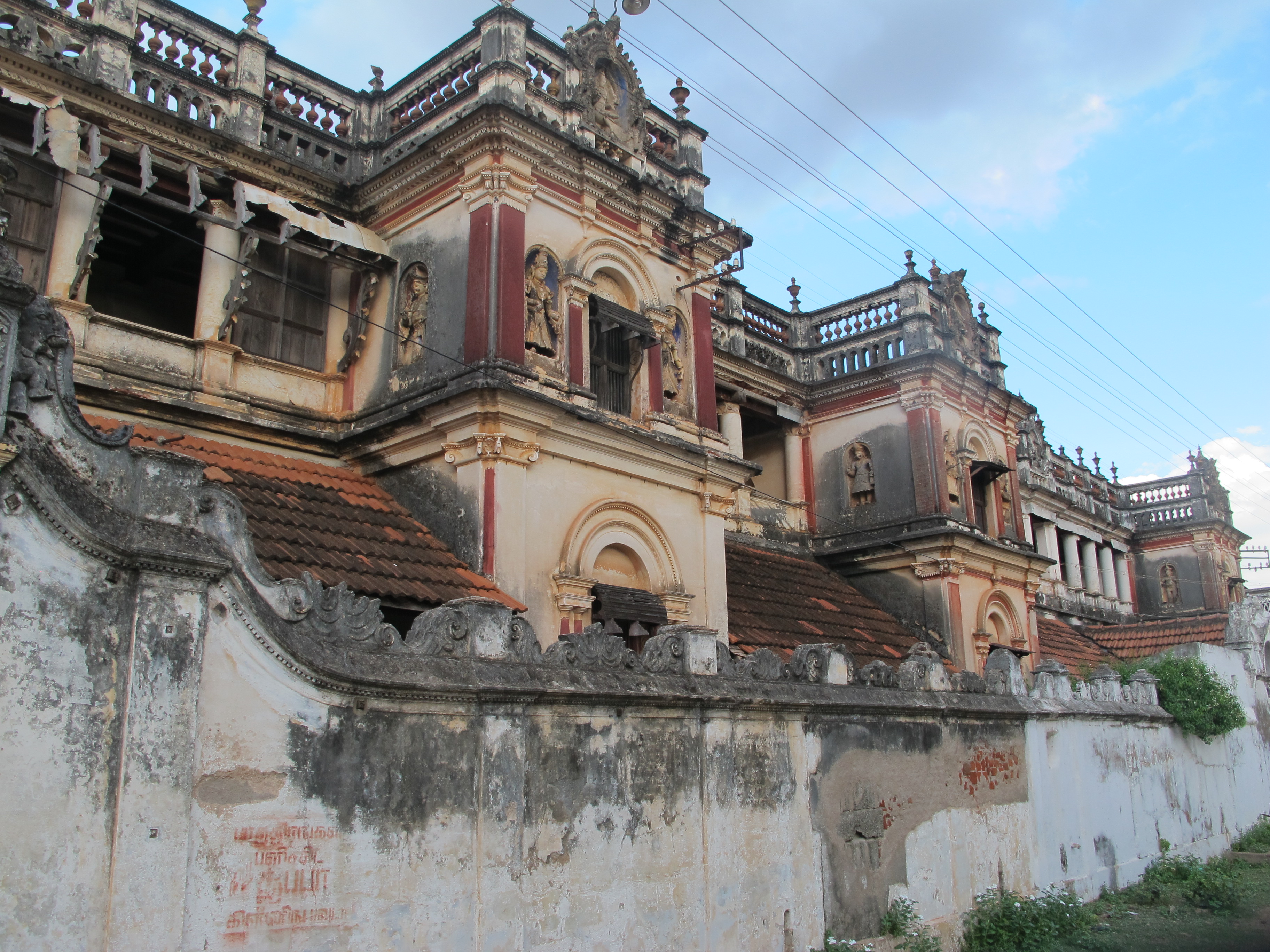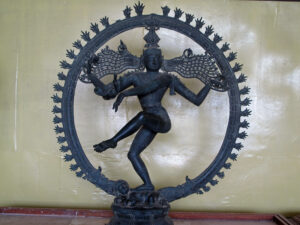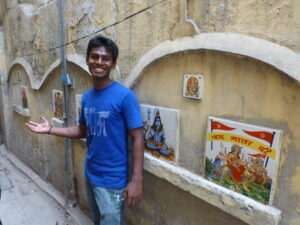This is the first of a group of profiles we will post of people we have met during our trip to India. We’ve changed a few of their characteristics and refrained from using any pictures of them for privacy sake. In this post, meet two people who manage boutique hotels.
Love’s Labourer’s Loss: A Hotel Manager in Nubra Valley

“I am married too,” he said in response to our affirming that, despite different names, we were indeed married. “But,” he added with a face suddenly darkened by sadness,” my wife is not with me.
He had met her in Kathmandu, in his native Nepal, while in hospitality training school. Despite the normal custom of arranged marriages, they fell in love and married before letting the parents know. Her parents were particularly upset by how the two lovers married, perhaps more than the daughter’s choice of husband, even though he disavowed interest in any dowry. They kept haranguing the couple.
He tried to convince his wife to go away with him outside of Nepal, but she hesitated to leave her family behind. About a year ago, her family invited her home on the pretext of her sister’s engagement. Whether by force or persuasion, they’ve kept her isolated there since. In the meantime, for work, he headed to northern India.
The eastern part of Jammu & Kashmir, or Ladakh, has long been settled by Nepalese and Tibetans, even before the flood of Tibetan refugees following China’s takeover. Nepali is the predominant language in Leh and across the rural villages, not Hindi. So, with good English skills as well, it was an easy transition for him to work in Ladakh in its high season, then shift to another part of India like Mumbai during the winter. He was one of many hotel staff we met that were migrant workers of a sort, living far from home – and family – and shifting from hotel to hotel, as the seasons shifted or opportunities arose.
The problem for him was the wife he had lost back in Nepal. And the daily emotional toll of not even knowing if she had changed her mind about him under the family’s pressure, or if she still wanted to be with him. He would write her every day, long letters urging her to leave her virtual imprisonment. Yet he never got a response. He would try and call, but was unable to reach her. None of his friends back in Nepal could help.
He pulled out his phone, as if to make her presence real, and showed us a few pictures of a lovely young woman, some by herself and some together with him, all smiles. He sought some answers from us about whether he might still count on her, what she might be thinking and what he could do. “Maybe we could go off together to America,” he mused.
We tried to console him, and suggested he go back soon to Nepal on his time off and confront her. For his own sanity, he needed to know where she stood, with him or her parents.
At that point, he almost broke down instead. He conceded that our advice made the most sense, as he had been already been thinking, and avowed he would do what we suggested. But it seemed that the pain of confirming his fears of losing her might be worse than this emotional limbo he was in.
All we could do, sadly, was wish for him that reunion he so much desired.
Caste Away: A Hotel Manager in Tamil Nadu

“Do they have caste in America?” she asked, as we walked through the village.
We had been talking about the many Indians and second-generation Indians who were finding success in the United States. But her mind had quickly turned to the barriers imposed by caste in India.
She was managing a high-end hotel developed from one of the centuries-old mansions in the Chettinad region of Tamil Nadu. There, she had coddled countless Europeans and Americans and Japanese arriving by bus in large groups for a one night stay, serving them at the hotel and taking them on walking tours of the village. And she catered to Indian visitors who also stopped briefly on the way between Chennai or Puducherry and Madurai, though without the village tour.
Her home, however, was distant – a village near Madurai, about 100 kilometers away, where her parents and siblings still lived. So she was a stranger in this village, though she understood it well. On our walk, she bantered with three men idling in the shade of a bodhi tree awaiting the opening time of the “English Wine Shop” to buy a beer; she hailed another woman who daily lent her a bicycle so she could ride in the countryside.
As we talked about caste, she confided that she was low caste by birth, and her father was a barber in her village. But, she added proudly, he had worked hard to save money to send her through hospitality school; and now they were saving money for her wedding – someday.
However she dreamed not of marriage, though, but of travel. She had never been out of Tamil Nadu, let alone India. Whenever she had time off, she went home to visit her family. But she constantly read books and magazines about the rest of the world. “You must travel to grow,” she said, “and learn about cultures different from one’s own.” And then there were all those foreign guests she was meeting.
She first spoke with admiration about Japan, “a very holy place.” But, when we asked her where she would like to travel first, she proffered South Africa instead. Why? The beautiful country and waterfalls. “Or maybe Canada,” she added.
As for America, she was clearly intrigued, though worried about another caste system there. She had asked how she might be treated. With the recent racial tensions of the U.S. in mind, she asked, “Would I be considered ‘black?'” As an Indian, we said, she would likely be treated equally, removed from any racial issues. But we found it tough to explain the socio-economic castes of the US or race relations.
Later, we wondered more about the complexities of the caste system in India. Did her Indian visitors somehow know that this bright, ambitious woman was low-caste? Or did they respect her at all, because she was just a young single woman. The few Indians we saw at the hotel didn’t seem to treat her differently from other staff, but perhaps they just assumed her caste – and that of the others – from their roles.
We passed deteriorating mansions that sprawled around the village. Now they were mostly unused, left in the hands of caretakers and fought over by the heirs of the wealthy Tamils of the past. Those heirs instead lived far away from the village, in Delhi, Mumbai or distant foreign locations.
Meanwhile, for this thoughtful woman building a career in a small village of Tamil Nadu, it was enough now to advance her skills, practice her English with her visitors, study foreign lands – and dream.
(Also, for more pictures from India, CLICK HERE to view the slideshow at the end of the India itinerary page.)






